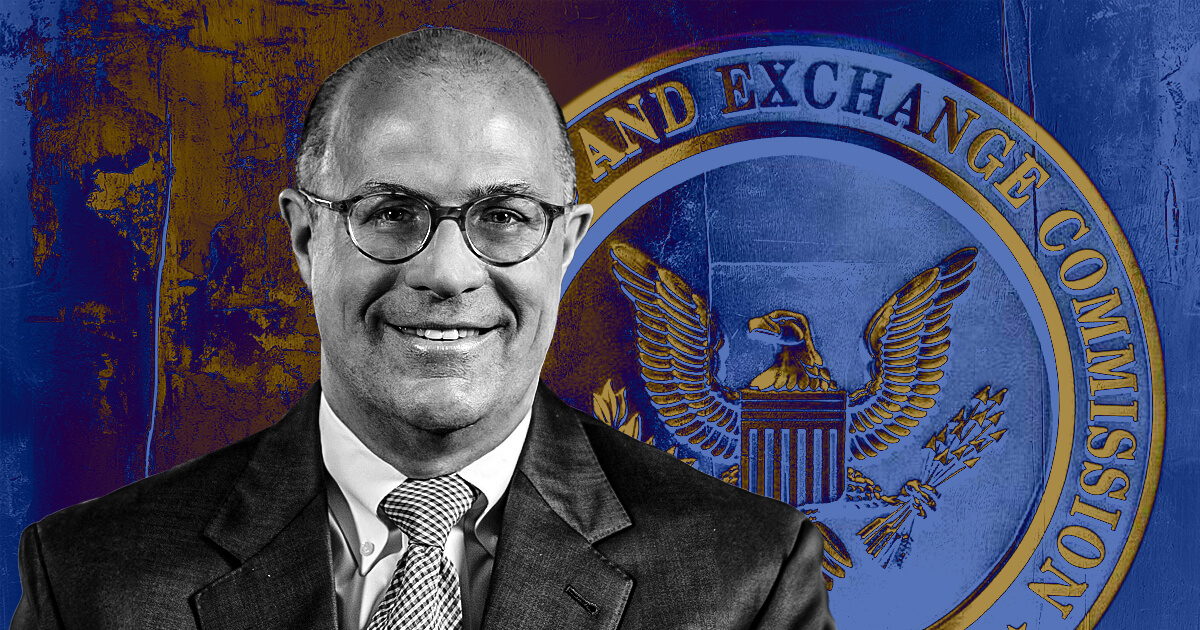Additionally, BQ has learnt that a presidential guidance note on crypto assets may be tabled as the joint IMF-FSB synthesis paper scheduled to be circulated in this meet is delayed, according to an official privy to the G20 discussions.
The official who wished to remain anonymous noted that the synthesis paper is likely to be circulated before the leaders meeting in September, giving the heads of nations time to arrive at a consensus.
Crypto Regulation
The chair summary, released at the end of the third FMCBG meet in Bengaluru announced that a joint synthesis report by the International Monetary Fund and Financial Stability Board will be submitted under India’s presidency.
The paper will look to “support a coordinated and comprehensive policy approach to crypto-assets, by considering macroeconomic and regulatory perspectives, including the full range of risks posed by crypto assets,” the chair summary had noted.
International Monetary Fund’s Managing Director Kristalina Georgieva at the last FMCBG meet in India had said that there is a need for a strong push on global regulation for such assets, in the wake of the FTX crash back then.
The official added that the Indian presidency will likely see a common roadmap/ agreement on the issue, offering countries grounds to further build their regulation on cryptocurrencies as they see fit.
India’s guidance note is expected to be a compilation of the previous work done by various countries and regulatory bodies to offer a policy direction for the countries.
Global Taxation Push Seen From Canada
Canada is among the nations pushing for a consensus on a global digital taxation and has expressed an urgent need to implement the digital services tax before January 1, 2024, according the above quoted official.
This comes amid Canada rejecting the one-year extension of the DST moratorium proposed by the Organisation for Economic Co-operation and Development (OECD) beyond 2024.
In line with its 2023 Budget commitments, Canada is expected to introduce its Digital Service Tax effective January 1, 2024, with retroactive effect to taxable Canadian digital services revenue earned from January 1, 2022, onward.
This gives the G20 nations time till December 2023 to arrive at a consensus before individual countries begin to impose their own global digital tax rules.
Pillar one under the OECD’s two pillar taxation model look at a global digital tax on services where a fair distribution of taxing rights is proposed among countries with respect to multinational enterprises (MNE), including digital service companies.
According to the pillar, taxing rights would be reallocated from the MNE’s home countries to the markets where they have a physical presence, boosting the revenues in the nations they operate out of.
Credit: Source link















































